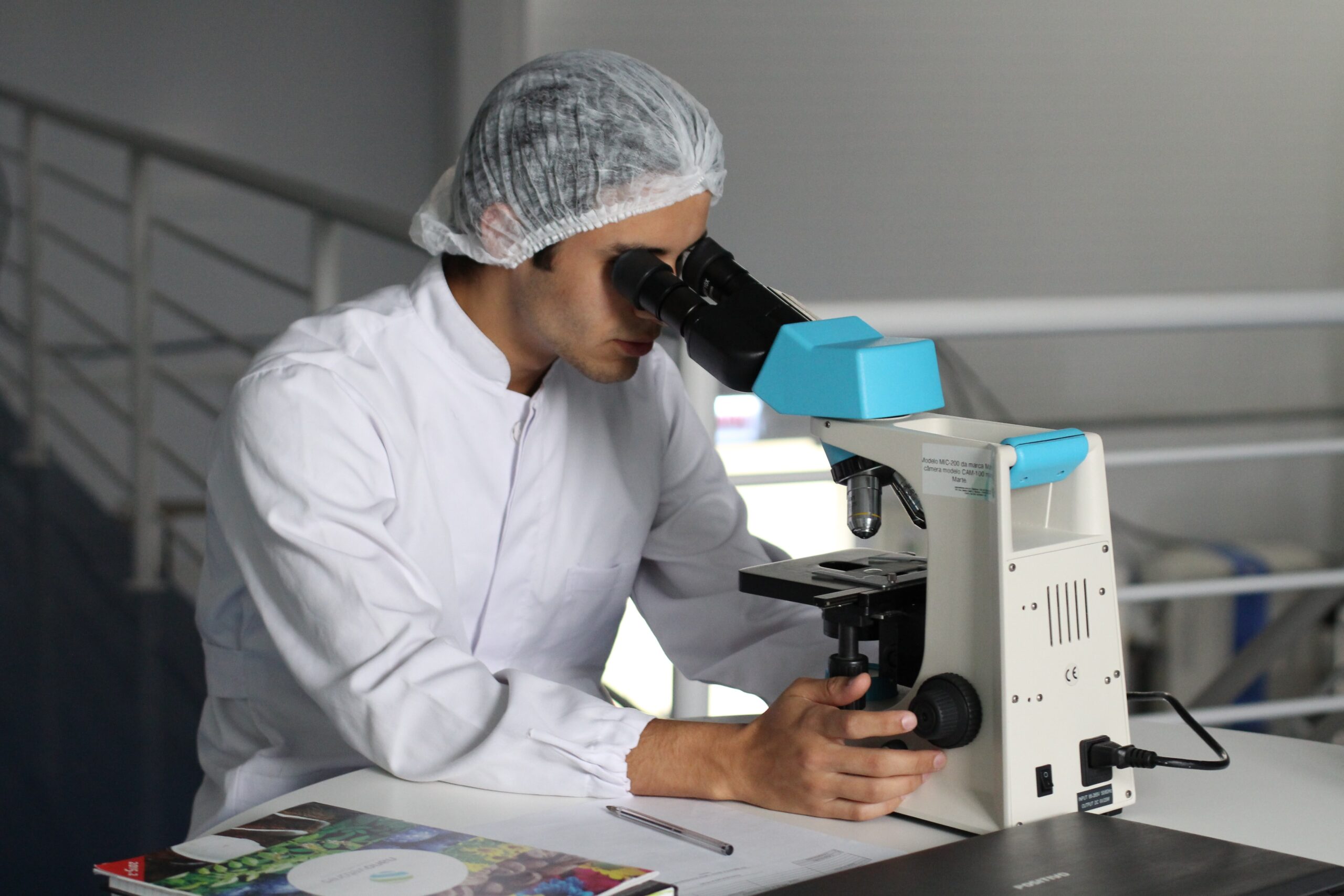Setting Up a Health Partnership in Kenya

Health partnerships, also referred to as North-South partnership, are setting up between high and low-to-middle income countries, involving Higher Education Institutions, Health Service Providers, NGOs and other groups engaged in improving quality of care and patient safety.
One such partnership has been set up between The Mayo University Hospital and Londiani Subcounty Hospital, Kericho County, Kenya, with support from an Irish-Kenyan NGO, Brighter Communities Worldwide. This partnership (accredited by ESTHER Ireland in 2014) has completed a number of public health and healthcare projects, including perioperative medicine training, mobile maternal and child health clinics and a global health and development module for NUI Galway medical students. In addition, construction of a twin operating theatre in Londiani Subcounty Hospital was supported by Irish Aid Civic Society Fund and Mayo University Hospital medical staff donations.
In 2019, representatives from NUI Galway, Mayo University Hospital and Brighter Communities Worldwide visited Kenya to meet with representatives of Kenyatta University, Nairobi, and the Ministry of Health in Kericho County. This led to the planning and negotiation of a new expanded partnership, with the addition of NUI Galway, Kenyatta University and the Ministry of Health in Kericho County.
Collaborating on a Memorandum of Understanding
Partnership documents outlining the principles and governance structures for setting up and maintaining a North-South partnership are found in Europe’s ESTHER Alliance, the UK’s THET International Health Link Manual and the WHO-African Partnership for Patient Safety. These bodies share the view that the ‘how’ of partnerships is as important as the ‘what’. Shared and joint planning are key. Shared decision-making and responsibility can only take place if the partners are equal and respectful towards each other. This requires vigilance to ensure that traditional hierarchical relationships that have historically marked North-South partnerships do not inadvertently develop.
Reciprocity, another core principle, means there are benefits for both northern and southern partners. For the northern partner, these can include operational and organisational cost-effectiveness in health service delivery and professional development for individuals in the organisation. Adherence to country national policies and strategies makes sense; the people of the land and their representatives know best how to implement health interventions tailored to the values, cultures and socio-economic circumstances of the population. Ethical considerations including evaluation, communications, scalability and sustainability of initiatives with judicious use of limited resources must also be taken into account.
Reciprocal Mobilities
A collaboration with Professor Margaret Keraka of Kenyatta University secured an ERASMUS+ International Credit Mobility (ICM) award to support both student and staff mobilities from our college with the Schools of Medicine, Nursing and Public Health in Kenyatta University. A detailed plan of these mobilities, which includes clinical placements in Kiambu Teaching Hospital near Nairobi, clinical placements in Londiani Subcounty Hospital and community health placements in Kericho County, north-west of Nairobi, was agreed during a visit to Kenya in February 2020.
A visit to Kiambu Level 5 Hospital, the main teaching hospital for medical students at Kenyatta University included a meeting with the Medical Superintendent, who welcomed our reciprocal student mobility plans and invited us on a tour of the hospital. When it is safe to do so, Kenyatta University and NUI Galway staff and students will participate in these mobilities, and will have the opportunity to share their experiences and learning on their return with their peers and wider academic community.
Reciprocity in Action
Health partnerships work both ways. Healthcare workers in Kenya have extensive knowledge and experience in dealing with infectious diseases, such as AIDs, and we can learn much from them for our clinical practice in Ireland. And Kenyan healthcare workers can benefit from our knowledge and experience in managing non-communicable diseases such as hypertension and diabetes, which are growing in prevalence. Flexible and innovative knowledge exchange activities are readily available and include virtual presentations and interactive workshops, securing educational and development grants, in-country visits, and scholarships for Kenyan healthcare workers to complete relevant courses in our college, such as the Masters in Preventive Cardiology and Masters in Diabetes.
Source: NUI Galway
You might also like
For relevant updates on Emergency Services news and events, subscribe to EmergencyServices.ie









